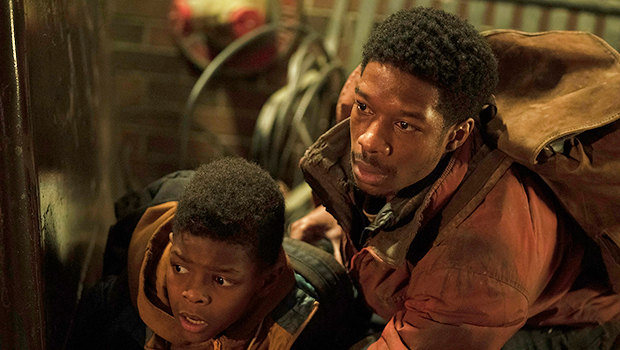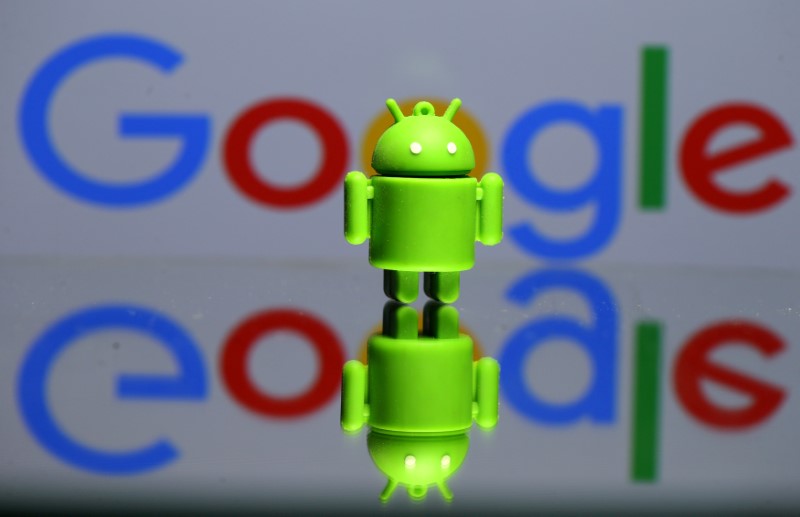Half a century ago
William F. Buckley
wrote a small gem of a book called “Cruising Speed,” about a single action-packed week in his life as an editor and writer. I’ve just had a Buckley-like week—at Purdue University in Indiana to speak with students, then back to New York to interview
Henry Kissinger
for the White House Historical Association, and then on to make the main speech to the
Al Smith
Dinner, the Archdiocese of New York’s big annual bipartisan charitable fundraiser. In all these venues the same theme emerged. People are worried about America and the world.
Purdue has a strong sense of community and its students are quick, affable and penetrating. I met with about 70 of them Monday for questions and answers in a political-science class at Beering Hall, and almost all their questions betrayed a perplexity about America. They were worried that our political polarization might prove fatal, that we might lose our democracy. They see signs of it. A student asked how Trump supporters can believe, after all the investigations and judicial decisions, that
Joe Biden
lost and he won. I said there are a lot of parts to that. Americans have always loved conspiracism, it’s in our DNA. When I was a kid it was the CIA killed JFK,
Dwight Eisenhower
is a communist, fluoride in the water is a plot. In our time this tendency has been magnified and weaponized by the internet, where there’s always a portal to provide you proof.
Part of it is American orneriness—people enjoy picking a fight, holding a grudge, being the only person who really gets what’s going on. Part of it is the sheer cussed fun of being obstinate. Some of it is committed and sincere—an ineradicable belief that established powers like to pull the wool over our eyes, a belief made more stubborn because sometimes they do. In the case of politicians it can be a mystery how sincere they are and how much is opportunism. If the locals say Trump won and I’m running for office, then Trump won! The only thing I could think of to help was keeping lines of communication up and the conversation going.
Later, in a “fireside chat” with Purdue’s president,
Mitch Daniels,
a student asked about something I’d written years ago—that presidential nominees always look alone up there on stage, like lone cowboys acting out some kind of personal destiny. I said yes, it had been a while since a candidate looked as if he had an ideological movement behind him, a fully thought-through political philosophy that propelled supporters. Such a movement implies mass, a force that came up from the people. Mr. Daniels said movements get things done; they will political change into being. He threw up a quote from my first book, 32 years ago, that said liberals in the media don’t dislike conservatives.
That was true when I wrote it, I said, but it seems less true now. In the seven years since
Donald Trump
came down the escalator, mainstream media has changed its nature. I understand why they thought they had to stop Mr. Trump—our big media come largely from New York, which had known him for more than 30 years and saw him not as the commanding presence on “The Apprentice” but as a con man who always seemed to operate one step ahead of the law. They felt they had to oppose him, but that very opposition left them not “reporting” but becoming what only some of them wanted to be, openly activist and of the left. This too contributed to polarization: people who more or less used to trust them to throw the ball straight no longer do, and find other news sources, some of which are specious indeed.
I went home to New York and, on Wednesday night, to interview Mr. Kissinger. With a book out and crises brewing he’s on the scene and, at 99, treated as what he is, a legend. I think here Henry’s friend Bill Buckley might have fun and call him the biggest thing since Bismarck. Mr. Kissinger is grave about the current moment. The evening was informally off the record, but I don’t think he’d mind my saying I asked him about broad feelings of anxiety about the world. Is it unrealistic to be experiencing this moment as uniquely dangerous? During his answer—no, he doesn’t think it unrealistic—he reflected that he’s been thinking a lot about World War I and how the leaders of the nations engaged in that conflict had no idea, at the beginning, the magnitude of the losses coming, that they just stumbled in and stumbled on.
His advice seemed to echo what we discussed at Purdue: In tough times, keep all lines of communication up and operating. You never know what might come in on the wires. Keep the conversation going.
On Thursday night, I gave the main speech at the Al Smith Dinner. A little more than 600 people gathered in the Park Avenue Armory, every politician of note in the state and city, and business figures and philanthropists, many on the broad dais in white tie and tails or gowns. The trick at the dinner is to be funny as possible while training your fire equally on both parties. The assumption is everyone’s better when they’re laughing. I did my best.
Chuck Schumer’s
been in Congress so long that medically he’s considered a pre-existing condition.
Kevin McCarthy
told me at the last national prayer breakfast that Jesus loves America best, that’s why the Bible is in English.
Will President Biden run for re-election? He’s showing telltale signs of aging. Held a state dinner and insisted it start at 5 p.m. so he could get the early-bird special. Afterward he invited the visiting prime minister to go upstairs and watch “Hogan’s Heroes.” Then he spent a half hour trying to rewind
Netflix.
A month from now he turns 80 but the White House has been playing down any celebrations. Internal memos about it have such a high security classification that copies have been found at Mar-a-Lago. But personally I prefer age to some of the younger congressmen and –women, who are, basically, airheads. I’ve interviewed them. They think Machiavelli is a clothing designer. They think bilateral and trilateral are muscles you work in the gym.
And there’s
Ted Cruz.
When Ted ran for president, he called me and asked me for advice. I said, “Ted, just be yourself.” That was mean of me.
Then there’s
Mike Pence,
a good man. But hearing him give a speech is proof that the dead are trying to contact us.
And so my Buckley-like week: the questioning young at Purdue, the wisdom of a great statesman in New York, and on to the Park Avenue Armory for the Catholic Church raising money for kids and immigrants by teasing itself and others. A good thing in life is not to get jaded but to see that even in a world of trouble life is moving, stimulating, even splendid, that you’re lucky to be here and doing what you’re doing. I think Bill Buckley would have enjoyed himself.
Copyright ©2022 Dow Jones & Company, Inc. All Rights Reserved. 87990cbe856818d5eddac44c7b1cdeb8















